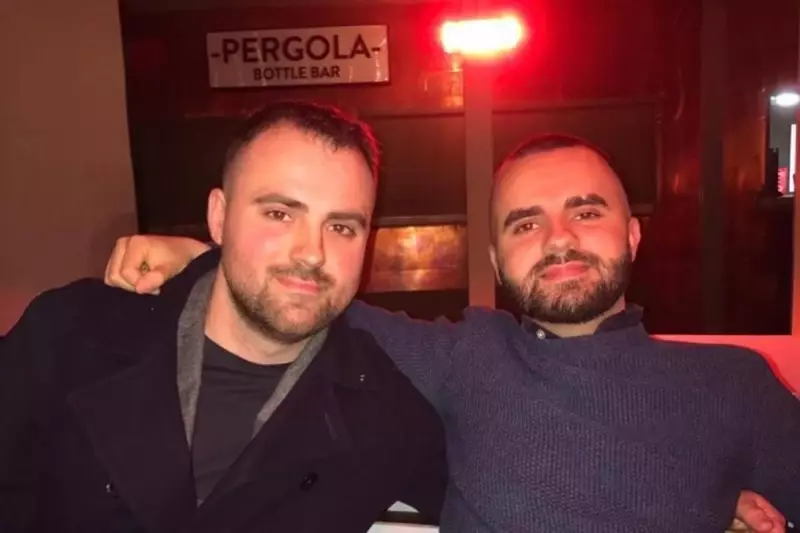
When Luca Quinn failed to answer his phone over the New Year period, his best friend initially thought little of it. But this silence was a tragic sign of something far more serious.
The 30-year-old pipe fitter from Chiswick, west London, had become another victim of Sudden Arrhythmic Death Syndrome (SADS), a condition that claims approximately 500 lives every year in the UK.
A Frantic Search Ends in Tragedy
Luca's girlfriend, Beatrice Vacnuic, was abroad visiting family when their regular communications suddenly stopped on the evening of 29 December 2022. After 40 missed calls and growing concern from family and friends, the difficult decision was made to break down his flat door.
They discovered Luca in bed, unresponsive. Despite immediate efforts to resuscitate him, it was too late. The vibrant young man had died without warning.
His lifelong best friend, 33-year-old Jed Pomeroy, who had been friends with Luca since they were 11, received the devastating news while abroad and immediately flew home.
The Agonising Wait for Answers
The grieving process was compounded by a slow and drawn-out investigation due to postmortem backlogs. Luca's funeral wasn't held until April 2023 at Ealing Abbey, where the service was "completely packed," according to Mr Pomeroy.
"It just goes to show how much of a nice person he was and how much impact he had on so many people's lives," he recalled. "Luca was such a funny person, he always lit up a room and everyone saw him as a gentle giant because he was 6ft 2in."
When the cause of death was finally confirmed as SADS, it brought a particular kind of frustration. "It was difficult to process because there is no real cause to it," Mr Pomeroy explained. "I had heard about cardiac arrests and heart attacks but I'd never heard of SADS."
Understanding the Silent Killer
According to the British Heart Foundation (BHF), SADS occurs when a dangerously abnormal heart rhythm goes untreated, leading to cardiac arrest. These arrhythmias can cause the heart to beat too fast, too slow, or irregularly.
What makes SADS particularly frightening is that victims like Luca often display no prior symptoms. Despite his active job and seemingly perfect health, and even after his family underwent testing, no underlying hereditary heart condition was found.
Mr Pomeroy, who himself has a heart condition called dextrocardia, has since taken action. He ran the Porto half-marathon in September, raising £2,000 and awareness for the BHF.
This Christmas, the BHF has launched the 'A Gift That Keeps on Living' campaign to encourage donations for lifesaving research into cardiovascular diseases, including SADS.
Dr Charmaine Griffiths, chief executive of the charity, stated: "Jed is one of so many people across the UK whose Christmas wish is for treatments and cures that we just don't have yet. The more we can discover, through the public's donations, the more lives can be saved."






